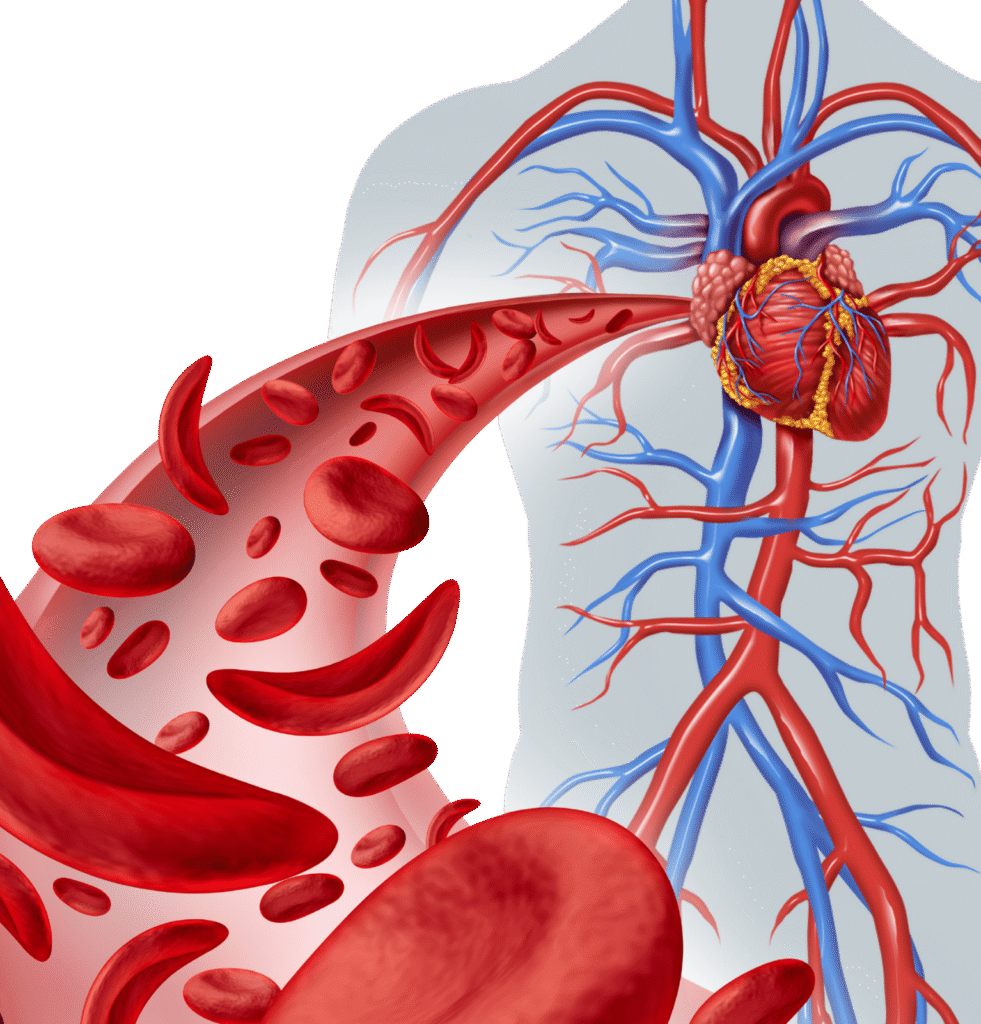Autoimmune Diseases
"Autoimmune diseases" are a group of conditions where the body's immune system, which is normally responsible for defending against foreign invaders (like bacteria and viruses), mistakenly attacks its own healthy cells, tissues, and organs. This self-attack leads to inflammation and damage in various parts of the body.
Key Characteristics of Autoimmune Diseases :
The immune system fails to distinguish between "self" (the body's own components) and "non-self" (foreign invaders). This loss of self-tolerance is the hallmark of autoimmune diseases.
Immune System Malfunction
The immune system, for reasons not fully understood, begins to produce autoantibodies (antibodies that target the body's own proteins) or activates self-reactive T-cells.
Chronic Inflammation
The immune attack leads to persistent inflammation in the affected tissues.
Systemic or Organ-Specific
Some autoimmune diseases affect multiple organs and systems throughout the body (systemic), while others target a specific organ or tissue.

Genetic Predisposition:
There's often a genetic component, meaning certain genes increase susceptibility, though an environmental trigger (e.g., infection, stress, toxins) is often needed to initiate the disease in genetically predisposed individuals.
No Cure (Generally):
Most autoimmune diseases are chronic conditions with no cure, but treatments focus on managing symptoms, reducing inflammation, suppressing the immune response, and preventing organ damage.
Examples of Autoimmune Diseases :
Here are some common and well-known examples:
Systemic Lupus Erythematosus (SLE or Lupus):
Target
A chronic, systemic autoimmune disease that can affect almost any organ or system in the body, including joints, skin, kidneys, heart, lungs, blood cells, and brain.
Symptoms
Highly variable, but often include fatigue, joint pain and swelling, skin rashes (e.g., butterfly rash on the face), fever, kidney problems, and neurological issues.
Rheumatoid Arthritis (RA):
Target
Primarily affects the lining of the joints (synovium), causing painful swelling, stiffness, and eventually bone erosion and joint deformity. It is a systemic disease and can also affect other organs.
Symptoms
Joint pain, stiffness (especially in the morning), swelling, fatigue, and sometimes fever. Typically affects smaller joints first (hands, feet) and is symmetrical.
Key Lab Tests
Rheumatoid Factor (RF), Anti-Citrullinated Protein Antibodies (ACPA or anti-CCP), C-Reactive Protein (CRP), Erythrocyte Sedimentation Rate (ESR).
Celiac Disease
Target
An autoimmune disorder where the ingestion of gluten (a protein found in wheat, barley, and rye) leads to damage in the small intestine.
Symptoms
Gastrointestinal (diarrhea, abdominal pain, bloating), malabsorption (weight loss, nutrient deficiencies), fatigue, skin rash (dermatitis herpetiformis).
Key Lab Tests
Anti-Tissue Transglutaminase (tTG) IgA antibodies, Endomysial Antibodies (EMA) IgA, Deamidated Gliadin Peptide (DGP) IgA/IgG. A small bowel biopsy is often confirmatory.
Type 1 Diabetes Mellitus
Target
The immune system attacks and destroys the insulin-producing beta cells in the pancreas.
Symptoms
Increased thirst, frequent urination, unexplained weight loss, fatigue.
Key Lab Tests
Islet cell autoantibodies (ICA), GAD65 autoantibodies, Insulin autoantibodies (IAA), IA-2 autoantibodies.
Multiple Sclerosis (MS):
Target
The immune system attacks the myelin sheath (protective covering) of nerve fibers in the brain, spinal cord, and optic nerves.
Symptoms
Numbness, tingling, muscle weakness, vision problems, balance issues, fatigue.
Key Lab Tests
MRI of brain/spinal cord, analysis of cerebrospinal fluid (CSF) for oligoclonal bands.
Inflammatory Bowel Disease (IBD) (Crohn's Disease and Ulcerative Colitis)
Target
Chronic inflammation of the gastrointestinal tract.
Symptoms
Abdominal pain, diarrhea (often bloody), weight loss, fatigue.
Key Lab Tests
Fecal calprotectin, pANCA, ASCA (antibodies), endoscopic biopsy.
Psoriasis and Psoriatic Arthritis
Target
Psoriasis affects skin cells, causing rapid turnover and silvery scales. Psoriatic arthritis affects joints, causing pain and swelling.
Symptoms
Skin plaques, joint pain.
Key Lab Tests
Clinical diagnosis, sometimes inflammatory markers.
Diagnosis and Management
Diagnosis of autoimmune diseases often involves:

Clinical evaluation
Patient history and physical exam
Laboratory tests
Detecting autoantibodies, inflammatory markers, and assessing organ function.
Imaging studies
(e.g., X-rays, MRI).
Biopsies
(e.g., skin, kidney, joint lining).
Management typically includes
Autoimmune diseases are complex and require careful diagnosis and ongoing management, often involving a multidisciplinary team of healthcare professionals.

Immuno suppressive medications
To dampen the overactive immune response.
Anti-inflammatory drugs
To reduce inflammation and pain.
Targeted therapies (biologics)
Newer drugs that target specific parts of the immune system.
Lifestyle modifications
Diet, exercise, stress management.

